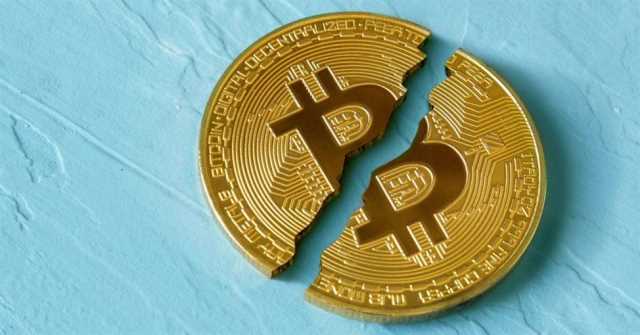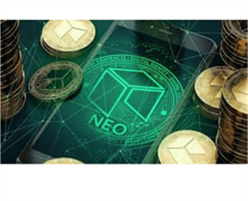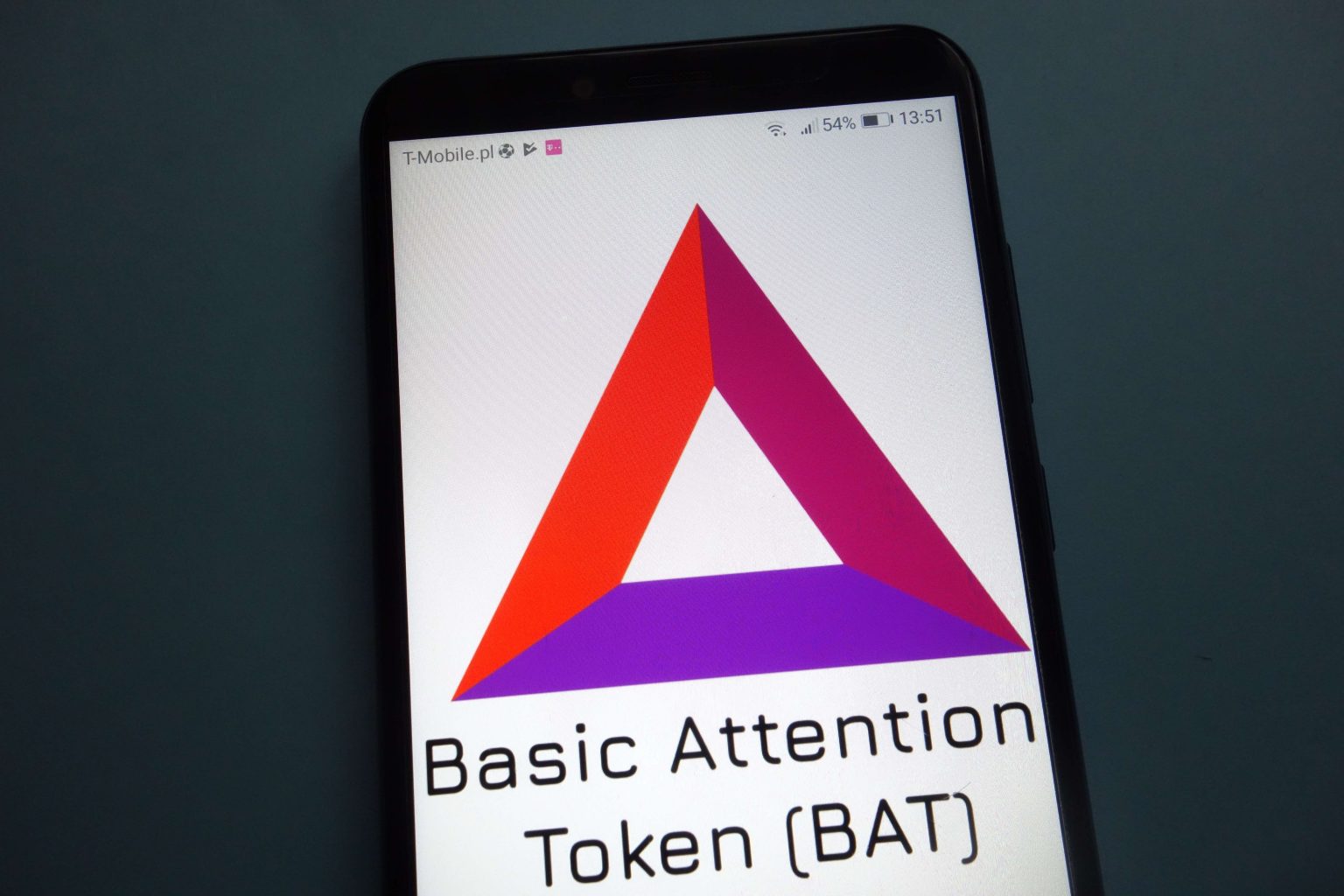What is a Decentralized Exchange DEX? Definition & Guide
By removing the need for a trusted third party to hold user funds or execute trades, DEXs reduce counterparty risk. Off-chain DEXs use a third-party server for matching compatible orders and maintaining a record of trades. Off-chain order books often offer lower fees than on-chain order book DEXs, but they don’t, however, have the same degree of decentralization as rival DEXs. Now we know What is DEX, let us know the variety of benefits they offer. They provide access to a vast array of tokens, and most DEXs don’t require personal information, preserving users’ privacy. Still, others run an off-chain order book that must be maintained somehow by third-party entities.
- A DAO’s financial transactions and rules are maintained on a blockchain.
- Front running occurs in markets when an insider is aware of a pending transaction and uses that information to place a trade before the transaction is processed.
- Off-chain order book DEXs are still decentralized in some regards, but they’re admittedly more centralized than the previous entry.
- And even though centralized exchanges can go down for maintenance, on a DEX you can keep trading.
- If you’d like a more detailed exploration of AMMs, read this post covering how AMMs work.
What is DEX: A Comprehensive Guide to Decentralized Exchanges
Changelly DeFi Swap is a DEX aggregator that allows users to swap tokens and coins in a decentralized manner. Our service gathers DeFi market liquidity from 100+ of the most popular DEXs. Changelly DeFi Swap also has its own market-maker that collects liquidity from various CEXs so users get the best of both worlds and can access the best prices for their trades. On-chain order books verify transactions and record this data on the blockchain via a network of nodes and crypto miners.

Nintendo Switch download software
Most importantly, use available resources on the internet to fully understand how to operate with a DEX. DEXs can be extremely useful for buying and selling your favorite tokens. They have numerous advantages over centralized exchanges but there are some technicalities that can make it difficult for first time users.
What Are the Benefits of Decentralized Exchanges?
A non-custodial exchange leaves all funds in the private wallets of its users. Users can then submit and confirm trades on their own from their personal wallets, essentially using the exchange as a matching service. An in-between solution involves users submitting funds to open-source, verified smart contracts that execute when a match is made and can be canceled at any time. This has the advantage of security and automation, but there is a period of time when funds aren’t in users’ wallets.
- An in-between solution involves users submitting funds to open-source, verified smart contracts that execute when a match is made and can be canceled at any time.
- ShapeShift used to be a CEX until its CEO said the company lost 95% of its users as a result of KYC measures it was forced to implement in 2018.
- Smart contracts that run the liquidity pool then ensure the transaction is accurate and the reserve amounts of each currency are updated.
- Use a secure wallet, protect your private keys, and be cautious of phishing attempts.
Understanding Crypto Payment Gateways: A Complete Guide for Businesses
Unlike centralized exchanges, DEXs do not typically have dedicated customer support teams. This means that if users run into any issues, they may not have access to someone who can help them resolve the issue. Additionally, because DEXs are run on decentralized platforms, users are solely responsible for the security of their private keys and funds. Typical exchanges require that there is a buyer for every seller.

What is a Decentralized Exchange (DEX)?
After all, an exchange is a gathering point where people congregate to trade. Of course, it should be a single entity to quickly facilitate transactions. The exchange will show those Bitcoins in your account, and you can trade for other tokens on the exchange. But you don’t really hold them, because you’re entrusting the exchange to act as a custodian on your behalf. Any trading you do, like swapping Bitcoin for Ethereum, aren’t occurring on a blockchain, but within the exchange’s database.
Drawbacks of DEXs
As DEXs do not rely on a central authority or intermediary, they are resistant to censorship and less likely to be impacted by changes in regulations. CoinCentral’s owners, writers, and/or guest post authors may or may not have a vested interest in any of the above projects and businesses. None of the content on CoinCentral is investment advice nor is it a replacement for advice from a certified financial planner. Since a DEX exists across a network of computers, it becomes much more complicated to attack. But there are other benefits to DEXs that the average user might also find attractive.

- If purchasing Chainlink (LINK), a user will exchange Ethereum (ETH) for LINK through an ETH/LINK liquidity pool.
- While there are whole communities of DEX users, you’re responsible for your own money.
- When a user wants to trade an asset on a DEX aggregator, they specify the amount of the asset they want to buy or sell, and the DEX aggregator will look for the best deal.
- PancakeSwap permits users to trade any token on BNB Smart Chain (BEP-20 tokens) at low fees.
- Also, DEXs could acquire more market share in relation to CEXs because of their easy onboarding process, improved user experience, and more appealing trading experience.

